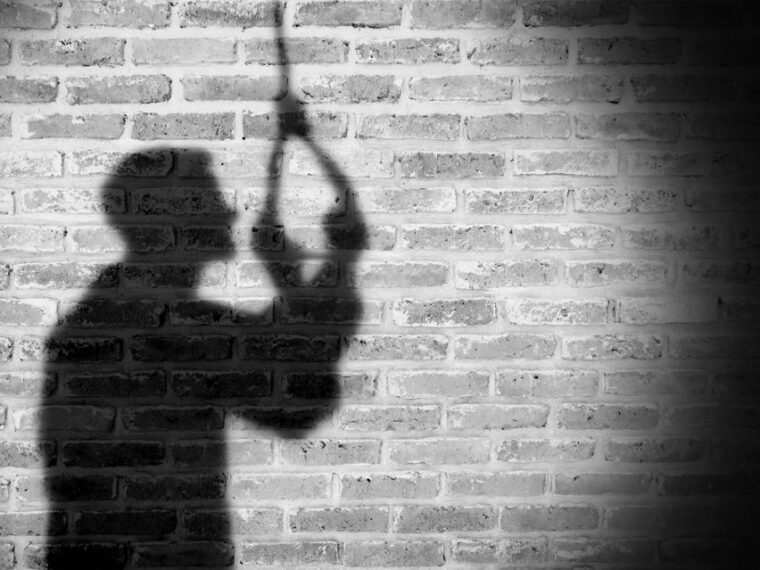By Eddie Mokoena
There is an urgent need to tackle men’s issues more than ever before; because men and boys are vulnerable to crime and tend to be in the majority with regards to being victims of death from unnatural causes. This is the view expressed by Dr Linda Ncube-Nkomo, Love Life CEO.
In an interview with The Telegram, Dr Ncube-Nkomo said: “When you look at local and global statics of violence holistically, men are not only the major perpetrators of crimes but are also victims. Equally, statistics for suicide show that the majority of deaths by suicide are of teenage boys and men under the age of 35.
“These issues point to the deep-rooted problem that is not being addressed. Instead, we are focusing on the symptoms as shown by behaviour and not the causes.”
Statistics, according to Dr Ncube-Nkomo, are a revelation that men all over the world are under siege. She argues that this is largely because societies have normalised harmful behaviours which are used to define manhood.
Violence, suppression of emotions, promiscuity, among others, are encouraged in boys and “we get surprised when men are violent and struggle to express their emotions. We have created volcanoes and should expect them to erupt at some point”.
Dr Ncube-Nkomo also stated that issues distressing men also affect boys: “Long before men are men, they are boys. They are exhibiting, as men, what they experienced as boys. The first school that they go to is their home. If the homes in which they are raised have abusive adults, the result will be that they see abuse as a normal way of life.
“If they are raised in homes in which values of respect, dignity, love, honesty, accountability and so on are espoused, then they will be men who uphold those standards.”
The way forward
“I have already mentioned, it starts in the home and the community in which a child is raised. We need to encourage boys to talk about their feelings, their joy and pain, concerns and help them learn healthy ways of dealing with conflict.”
She adds there is a need to create safe spaces for men to be vulnerable and it is men themselves who need to create those spaces. “If you think about it, women have for generations created safe spaces for themselves and didn’t wait for men to do it for them. Men need to acknowledge that they need help and ask for it.”
Men need to be each other’s keepers.
“I don’t mean this in a way that says they protect each other and adhere to some code when the safety of other people is involved. They need to call out rapists and abusers and not protect them in the name of creating safe spaces. Men need to encourage each other to ask for help and not watch one of their own self-destruct and destroy the lives of others,” Ncube-Nkomo explained.
The role of women
“Boys are raised mostly by women and they (women) too need to play their part in solving the issues that have made communities unsafe.” Paraphrasing Frederick Douglas, she added: “it is easier to raise strong men than to mend broken men.”
She said when women start to be the advocates for safe spaces for boys; society is more likely to listen. Some women are unfortunately the gate keepers of harmful patriarchal practices and “we all need to unlearn the toxic behaviours and methods that have for so long been part of how we live”.
The role of Men’s Forums
“I think the local traditional structures that exist across South African society would be a more effective way of getting men to teach young boys the values as part of the rite of passage into manhood. Since Men’s forum started, have they been visible, what have they been doing and what has been their impact?”
Asked about the efficacy of facilitating dialogues between men’s forums and women’s groups, Dr Ncube-Nkomo said: “The question I would ask would be to what end. What would we want to achieve from the dialogues in the first place? Would it be another talking session or would we come away from the engagements having listened and heard each other?”
“Most importantly, such gatherings must be able to define what needs to be done to correct the way things have been done. These dialogues would need a level of maturity that allows each individual to express their pain and take responsibility for the pain they have caused across gender.
“But, if these dialogues end up as platforms for apportioning blame and justifying why certain behaviours are done, then I don’t think we would get value from them.”





